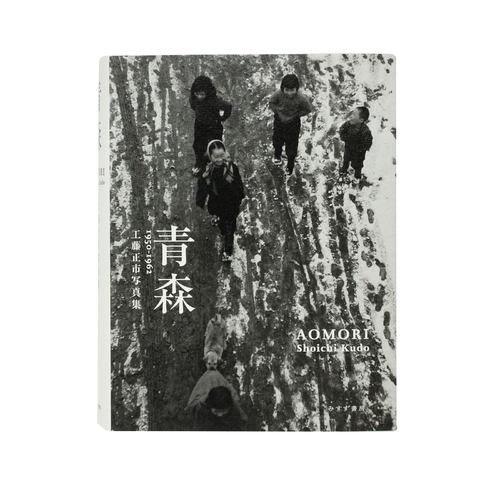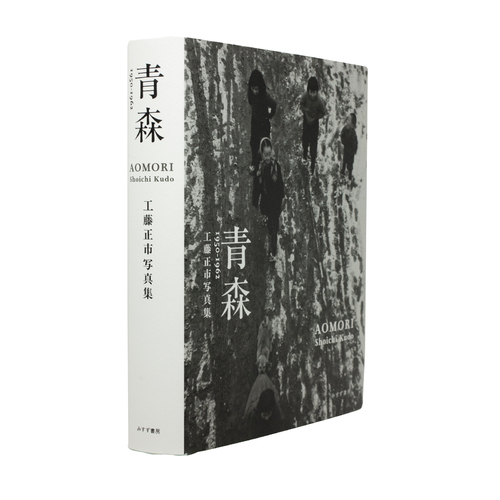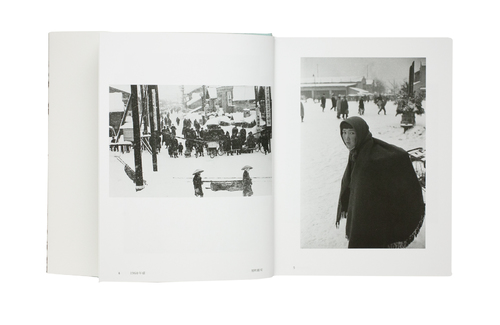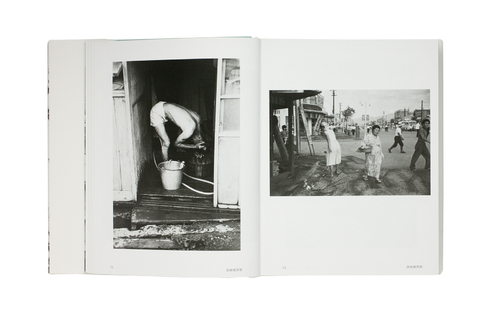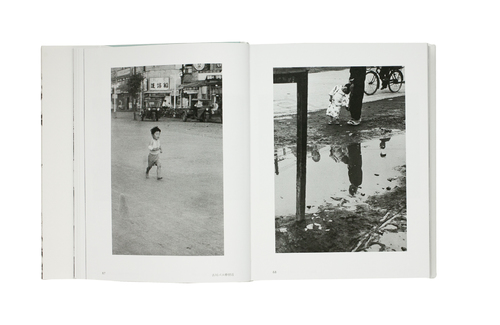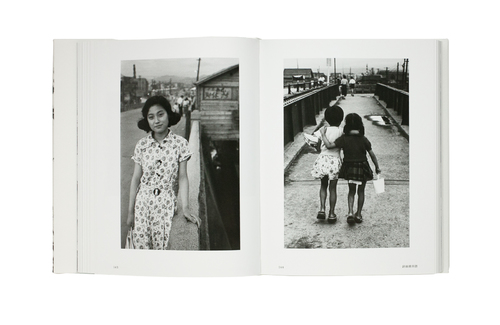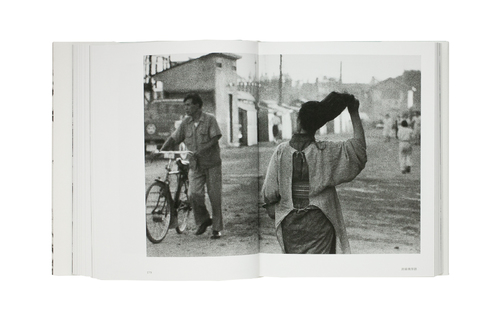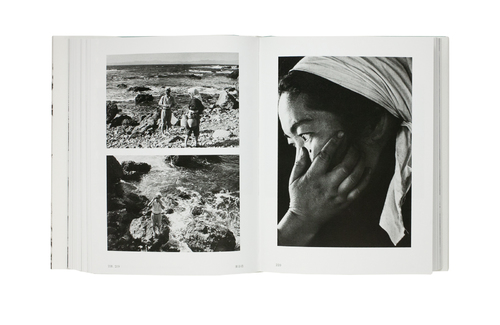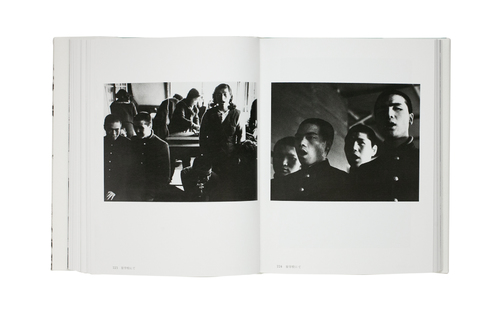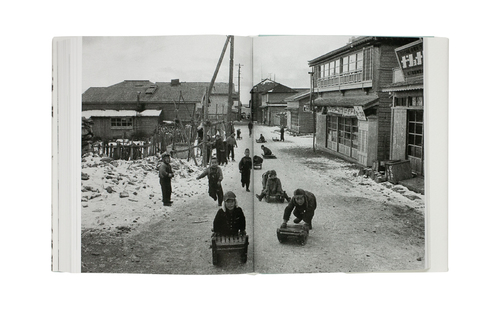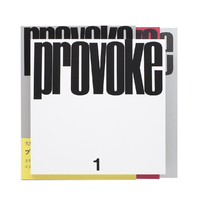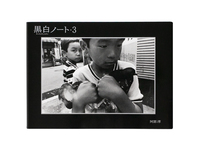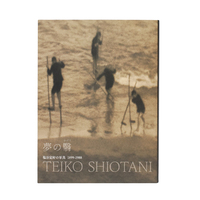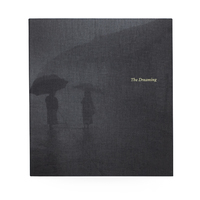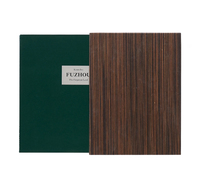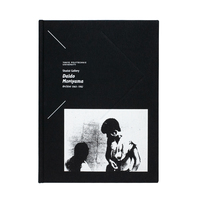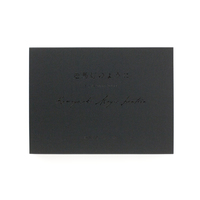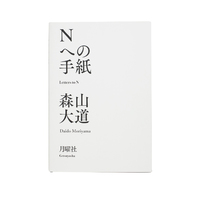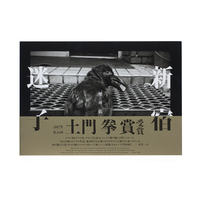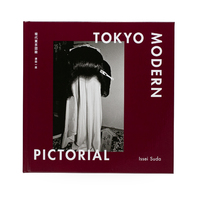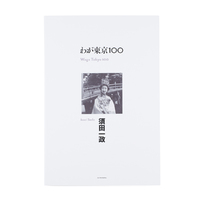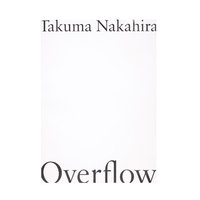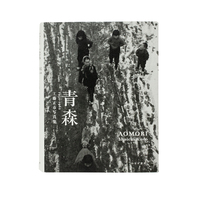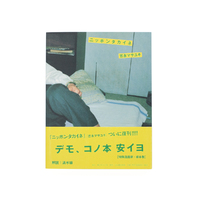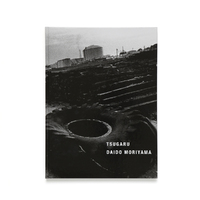Aomori 1950-1962
Shoichi Kudo’s miraculous captures of life in Aomori in the 1950s
After her father’s passing in 2014, Kanako Kudo discovered large boxes filled with undeveloped negatives. Her father, Shoichi Kudo (b. 1929), had garnered some attention as a photographer in Japan’s post-war years (e.g. being selected by Ihei Kimura and Ken Domon as part of monthly camera magazine competitions, as well as a few exhibitions) but had stopped taking photographs a long time ago. What Kanako had discovered was a small photographic treasure: life in post-war Aomori, captured in hundreds of brilliant impromptu portraits, snapshots and documentary-style images. After his daughter began to publish his photographs on Instagram, Shoichi Kudo posthumously garnered the attention of the contemporary photography community in Japan and all over the world.
The photobook “Aomori 1950-1962” presents Kudo’s work in full charm.
“Many of the pictures date from the early 1950s, and appear to be snapshots taken en route to work at To-o Nippo in Shinmachi from the house in Kitakanazawa where he lived before he was married, or from Okidate, where I grew up. Prior to purchasing a car, it seems my father walked to work each day, with his camera. Others pictures may come from vacations taken with photographer friends, or during breaks on news assignments, but we can only guess.
During that time, between 1951 and 1957, my father submitted his work to magazines such as CAMERA (ARS Publishing) and Nippon Camera (Nippon Camera Company) where it was highly rated, frequently being selected for monthly features judged by the likes of Ken Domon, Ihei Kimura, and Hiroshi Hamaya. When these men visited Aomori on photography tours, my father would accompany them as a guide. He was invited to Tokyo for a ‘Gathering around Ihei Kimura & Ken Domon: Top 10 Prizewinners’ Symposium as part of a feature in the January 1954 edition of CAMERA. Yet he later told me he felt he could not measure up to the other young artists there, who were engaging in high-minded debates on social issues, while he came from a poor family, lacked academic qualifications, and was only capable of taking snapshots around Aomori. And although he was making a name for himself in the photographic magazines, after a while he began to struggle to reconcile this with his main job as a newspaper photographer, and so abruptly stopped submitting his work. In other words, he decided to give up his artistic aspirations as a photographer, and to remain in Aomori. Given this, releasing my father’s work now in this way may not accord with his own wishes. Yet, the fact that the negatives remained for decades in a closet suggests that they were important to him; he could not abandon them.”
— from Kanako Kudo's afterword (included in Japanese and in English translation)
- Book Size
- 196 × 148 mm
- Pages
- 432 pages, 366 images
- Binding
- Hardcover
- Publication Year
- 2021
- Language
- English, Japanese
- ISBN
- 978-4-622-09020-5
